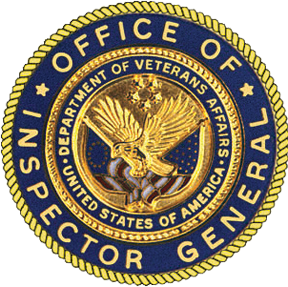Issue Date
Report Number
09-02815-143
District
VA Office
Veterans Health Administration (VHA)
Report Author
Office of Healthcare Inspections
Report Type
Hotline Healthcare Inspection
Recommendations
0
Questioned Costs
$0
Better Use of Funds
$0
Congressionally Mandated
No
